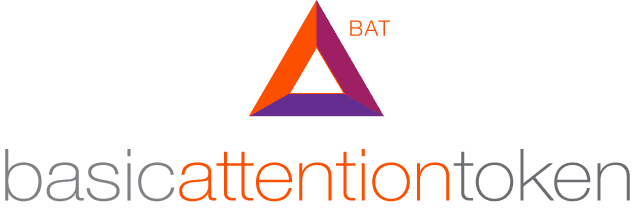How does BAT work and what problems does it try to solve?
BAT promises to create a transparent network, where those interested in receiving or selling advertising services, are free to do so without the involvement of intermediaries, in a healthy, competitive environment.

The BAT token is meant to be used to power the Brave network, set up by the developers using the ERC20 technical standard. Brave is a browser service that can also act as a marketplace to be used by those selling or buying advertising.
How does BAT hope to meet its objectives?
The project’s biggest calling card is the involvement of Brendan Eich, BAT’s founder. Eich is best known for his participation in the developing of Mozilla and Firefox, projects he helped co-found. Eich’s reputation alone was enough to garner a lot of attention for BAT.
The other members of the BAT team share an impressive background in the world of services and internet services, having worked for the likes of Yahoo, Evernote, or AOL.
There is another element that works in favour of BAT. It’s the general anti-ad attitude of the vast majority of internet users. BAT promises to offer a revenue system for those targeted by ads. As the name suggests, BAT’s objective is to convince users to provide them with their attention in exchange for BATs. And similarly, advertisers will receive BATs in proportion with the level of attention users provide them.
Competitors and possible drawbacks
BAT was conceived with the ERC20 system in mind. At the time of writing, Ethereum blockchain technology continues to be highly popular in the crypto world. BAT will to remain dependent on Ethereum and subject to be influenced by the possibility of its popularity fluctuating.
The Brave network will also need to fight against several high profile competitors, among them CDX (a representative of alt-media), Bitclave, or AdEx (a company with a similar vision to BAT).
Distribution and roadmap
BAT set an ambitious roadmap, with confidence helped by the company able to raise a large sum of money in the ICO stage ( $35M). Initially, 1 billion tokens, of the total amount of 1.5 billion, were put on sale.
The developers held a further giveaway at the start of 2018. The number of users on the Brave network also increased, with an estimated 5 million downloads at the time of writing. The company also claims to have over 18,000 verified Brave publishers.

Conclusion
Yes, there is undoubtedly a real market need for advertisers and their customers to connect without additional interference. There also exists a real need for the consumers to feel they are genuinely rewarded for the amount of attention they decide to invest in various marketing campaigns.
The Brave browser and the accompanying BAT token aim to offer a solution to these issues. Indeed, the hurdles they will need to overcome will be high, and the competitors they face will present a challenge. However, how the project has developed, the level of interest it has garnered from users, promises to make it an exciting prospect for the future.

